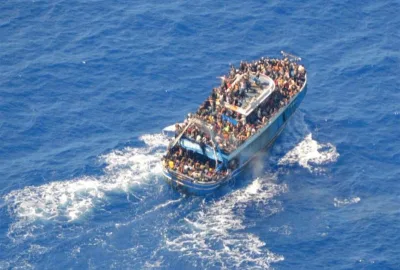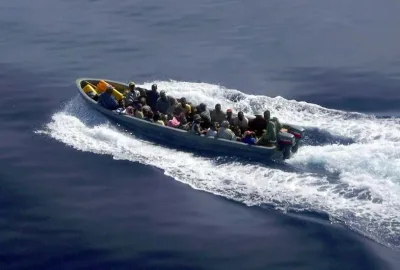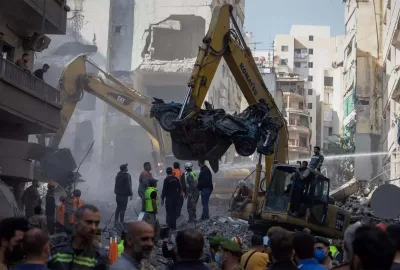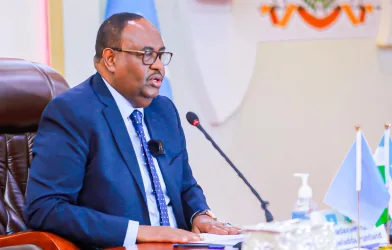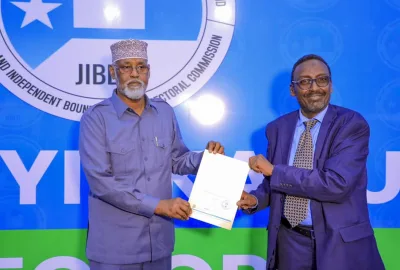Restrictions on weapons sales to Somalia are undermining efforts to thwart al-Shabaab insurgents that are trying…
Restrictions on weapons sales to Somalia are undermining efforts to thwart al-Shabaab insurgents that are trying to overthrow the government, a cabinet minister has warned.
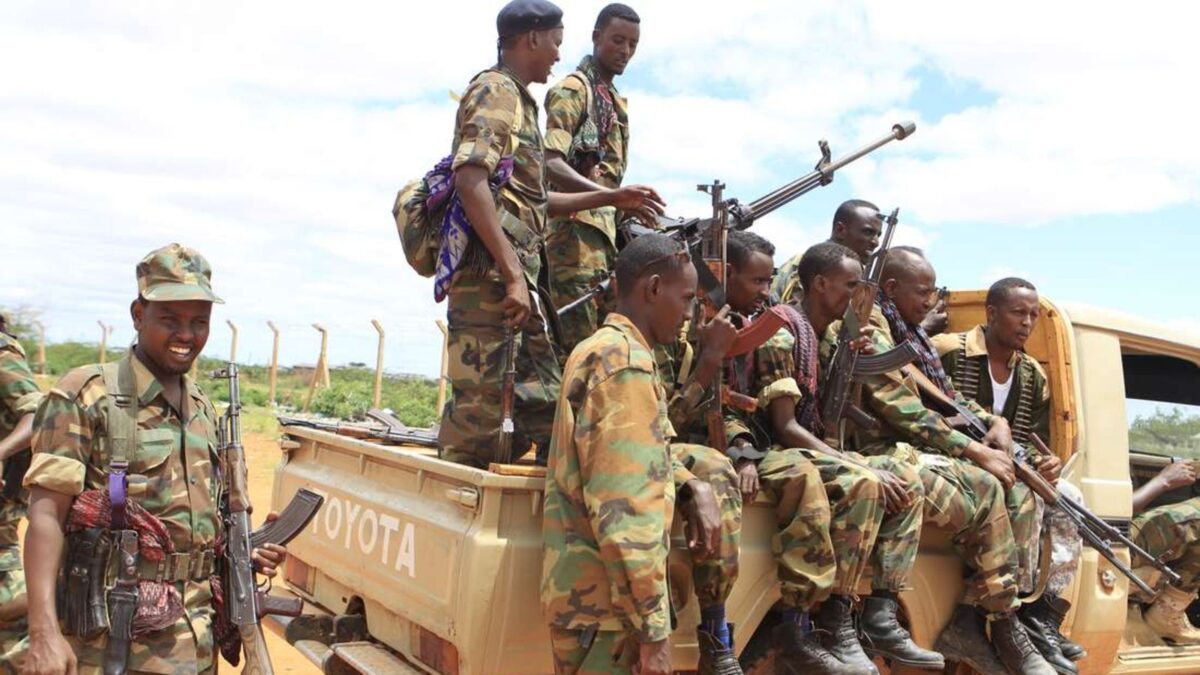
A military offensive has freed a large swathe of territory from the al-Qaeda-linked group’s control over recent months, but more weapons and support are needed to sustain troop deployments to rural areas and encourage clan leaders to escalate the fight, said Ali Omar, Somalia’s state minister for foreign affairs.
The United Nations Security Council last week extended an arms embargo against Somalia until mid-November next year, a sanction targeted against al-Shabaab. While weapons sales to the government are still permitted, it needs to obtain advance approval to acquire military helicopters and vessels, as well as several other categories of equipment.
“We cannot get weapons from our partners due to notifications. Many partners don’t want to get involved with a country that is under an embargo,” Omar said in an interview in Mogadishu, the capital. “When you’re fighting you need a lot of ammunition. It’s unrealistic to expect Somalia to build a sustained fight without access to weapons.”
Islamic Law
Al-Shabaab, which wants to impose its version of Islamic law, has been trying to topple Somalia’s government since 2006 and has been kept partially in check by an African Union peacekeeping force. The group has several strongholds in central and southern Somalia and maintains a presence only 30 kilometers (19 miles) outside Mogadishu.
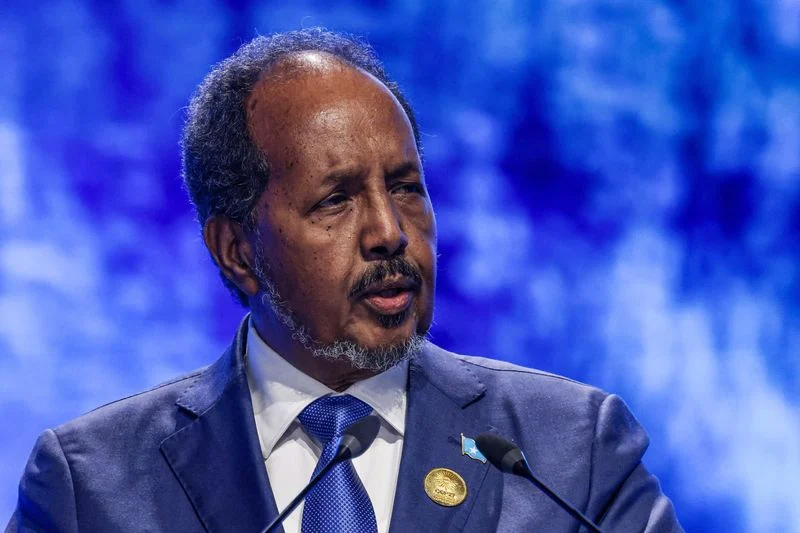
Since taking office in May, Somalia’s President Hassan Sheikh Mohamud has vowed to escalate the fight against al-Shabaab as it threatened to spread attacks into Ethiopia and carry out more in neighboring Kenya. The rebels have responded with a series of deadly raids on government institutions, military outposts and hotels.
The government has sought military support and training from Djibouti, Ethiopia, Eritrea, Uganda and Sudan to bolster its military capabilities, Omar said. Uganda has agreed to train 3,000 Somali troops while 5,000 others are currently stationed in Eritrea.
Hassan and other government officials traveled to rural areas over the weekend to appeal to clan fighters known as the “ma’awiisley” — a reference to the sarongs they typically wear — to play a bigger role in helping quash the insurgency.
‘Grassroots Uprising’
“Now there is a grassroots uprising against al-Shabaab. We have liberated a lot of areas,” although holding onto that territory remains a challenge, Omar said. “We need to build military bases, and local militia need supplies and medical evacuation.”
Malik Abdallah, a member of Parliament from Somalia’s Hiraan region, said he is among those who’ve been to the rural areas to engage the clan fighters.
“This is the first time I have seen the people stand up against Shabaab like this,” he said in an interview.
The government is also bringing financial pressure to bear on al-Shabaab by tracking its members’ bank accounts and instructing business to stop rendering taxes to the group, according to Omar. More than 255 pro-al-Shabaab Facebook accounts have meanwhile been shut down since the end of September.
Ahmed Abdisalam, a former deputy prime minister of Somalia and the executive director of the Horn Center for Effective Governance and Policy Development, said the government’s strategy against al-Shabaab is working but needs to be enhanced.
“All the clans must be involved,” he said. “Fighting in one area and leaving another area is going to be problematic.”
By: Simon Marks


